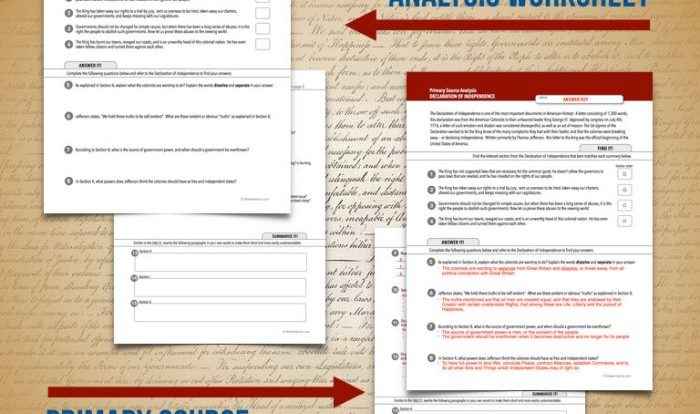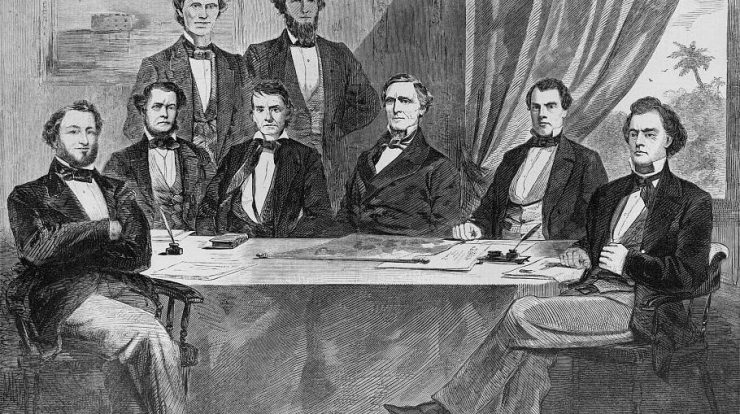John Quincy Adams’s presidency was marked by both accomplishments and controversies. From unpopular stances on social issues to foreign policy blunders, Adams’s actions drew criticism and left a lasting impact on American history. This article delves into the bad things John Quincy Adams did, examining his divisive positions, diplomatic missteps, domestic failures, and personal shortcomings.
Adams’s controversial stances on slavery, Native American rights, and religious freedom alienated many Americans. His foreign policy decisions, such as the Adams-Onís Treaty and the Monroe Doctrine, were criticized for their long-term consequences. Domestically, Adams’s economic policies and infrastructure projects failed to gain widespread support.
Controversial Stances
John Quincy Adams’s presidency was marked by several controversial stances on political and social issues. His positions on slavery, tariffs, and foreign policy often alienated both supporters and opponents.
Slavery
Adams was a staunch opponent of slavery, but his views on the issue were complex. He believed that slavery was morally wrong, but he also recognized the political and economic realities of the institution. As a result, he supported gradual emancipation and colonization, which involved freeing slaves and sending them to Africa.
Foreign Policy Blunders
John Quincy Adams’s presidency was marked by several foreign policy decisions that were widely criticized or considered failures. These included his handling of the border dispute with Mexico, his support for the Greek War of Independence, and his role in the Monroe Doctrine.
The Border Dispute with Mexico
In 1819, Adams negotiated the Adams-Onís Treaty with Spain, which ceded Florida to the United States and established the boundary between the United States and Mexico. However, the treaty left the exact location of the boundary in dispute. Adams insisted that the boundary should follow the Sabine River, while Mexico claimed that it should follow the Rio Grande.
This dispute led to a series of border clashes between the two countries.
The Greek War of Independence
Adams was a strong supporter of the Greek War of Independence, which began in 1821. He believed that the Greeks were fighting for their freedom from Ottoman rule, and he urged the United States to provide them with financial and military aid.
However, Adams’s support for the Greeks was controversial, as many Americans did not want to get involved in a foreign war. In addition, the Greeks were divided among themselves, and Adams’s aid did little to help them achieve their independence.
The Monroe Doctrine
In 1823, Adams issued the Monroe Doctrine, which declared that the United States would not tolerate any further European colonization in the Americas. The Monroe Doctrine was a controversial policy, as it was seen by some as an attempt by the United States to dominate the hemisphere.
However, the Monroe Doctrine has been a cornerstone of American foreign policy ever since.
Domestic Policy Failures: Bad Things John Quincy Adams Did
Despite his achievements in foreign policy, John Quincy Adams faced significant challenges in domestic affairs. His economic policies and infrastructure projects proved unpopular and unsuccessful, leading to widespread discontent and political opposition.
Tariff of 1828
Adams’s support for the Tariff of 1828, also known as the “Tariff of Abominations,” sparked widespread protests and political backlash. The tariff imposed high duties on imported goods, primarily benefiting Northern manufacturers at the expense of Southern agricultural interests. The tariff was seen as unfair and discriminatory, particularly in the South, where it increased the cost of living and hindered economic growth.
The tariff’s passage alienated many voters and contributed to the rise of the Democratic Party, which capitalized on the discontent and opposition to Adams’s policies. The tariff’s unpopularity ultimately played a role in Adams’s defeat in the 1828 presidential election.
Character Flaws and Personal Conduct
John Quincy Adams possessed certain personal qualities and behaviors that contributed to negative perceptions of him. His aloof and reserved demeanor often made him appear cold and unapproachable. He was also known for his bluntness and lack of tact, which could alienate those around him.
These character flaws affected his presidency by hindering his ability to build strong relationships with political allies and the public.
Lack of Charisma and Emotional Connection
Adams’s reserved nature and inability to connect with people on a personal level made it difficult for him to gain widespread popularity. He lacked the charisma and charm that could inspire and motivate others. This hindered his ability to rally support for his policies and made it challenging for him to build a strong following.
Unwillingness to Compromise
Adams’s stubbornness and unwillingness to compromise often led to conflicts with political opponents. He believed strongly in his principles and was reluctant to deviate from them, even when it was politically expedient to do so. This inflexibility made it difficult for him to find common ground with others and reach consensus on important issues.
Public Perception of Arrogance, Bad things john quincy adams did
Adams’s bluntness and self-assurance were often perceived as arrogance by his contemporaries. He was not afraid to express his opinions, even when they were unpopular. This tendency to speak his mind without regard for the feelings of others alienated many people and contributed to his reputation as an unlikable and aloof figure.
FAQ Insights
What were some of John Quincy Adams’s most unpopular stances?
Adams opposed the expansion of slavery, supported Native American rights, and favored a strong federal government.
What were some of John Quincy Adams’s biggest foreign policy blunders?
The Adams-Onís Treaty ceded Florida to the United States but also gave Spain control of Texas. The Monroe Doctrine declared the Western Hemisphere off-limits to European colonization, but it was not backed up by military force.
What were some of John Quincy Adams’s biggest domestic policy failures?
Adams’s economic policies failed to prevent the Panic of 1819. His infrastructure projects, such as the Erie Canal, were criticized for their high cost and limited benefits.
What were some of John Quincy Adams’s character flaws?
Adams was known for his arrogance, stubbornness, and lack of charisma.

